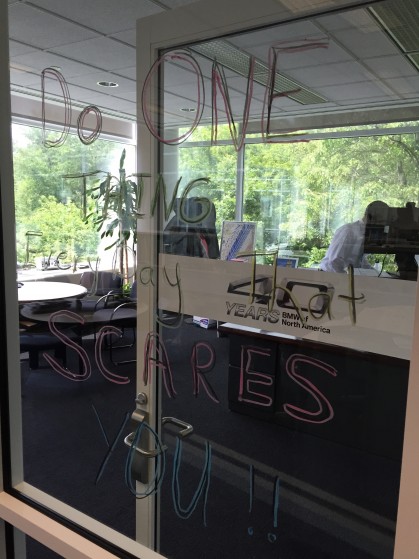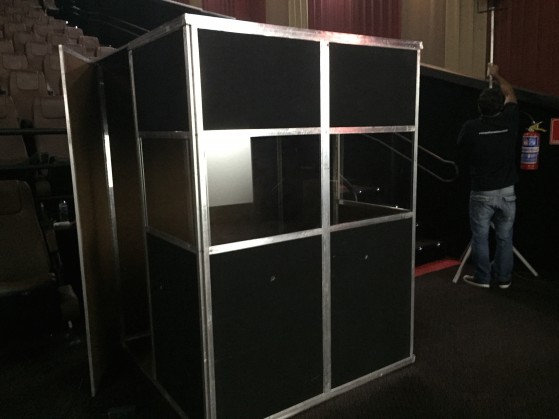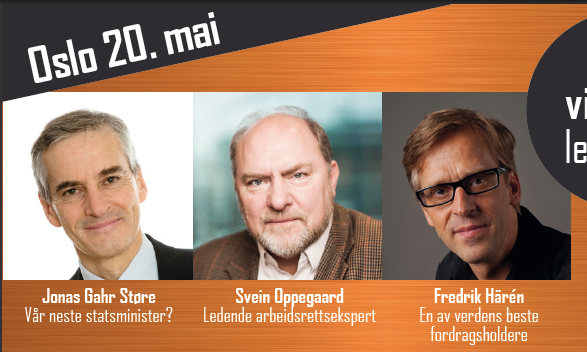Montvale, New Jersey, USA – BMW North America HQ.

What is the one thing that stops good speakers from becoming great speakers?
If you ask me, it’s their lack of personal stories.
We have all heard those speakers. They use general statements and messages, but forget to back them up with personal examples and unique stories.
It’s all “It’s important to listen to your customer”, or “Companies that do not adapt to change will die” and so on.
A good speaker can have a great message, but if the audience doesn’t feel like the message is supported by real stories that are unique to the speaker, the audience will think, “Why should I listen do this person?”
The good news is that this is easily fixed.
As a keynote speaker, you are invited to speak at conferences where the top management of companies will be present. As a speaker, you have access to these managers. Take the time to ask them about their business. Tap into their knowledge as leaders. Learn about their industry. ASK, ASK, and ASK questions.
So in the spirit of this post, I will now stop being general and instead give you an actual example of what I am talking about – a story that just happened to me.
Earlier today, I gave a speech to the employees at the HQ of BMW North America. While I was there, I also spent more than one hour with Kenn Sparks, Manager for Business Communications of BMW North America. I learnt about storytelling, about how BMW is reshaping its brand, and even about how to make documentary movies.
I also got a one-one-one meeting with Alexander Bilgeri, VP Corporate Communications, BMW of North America.
Alexander told me about how BMW is trying to change its corporate culture, about how they want to work with their dealers and about how North America is changing what BMW is. Many of the things he told me were very interesting, but since they were “off the record”, I can not share them in a public blog post.
But let me write about a story that I can share.
When I was talking to Alexander Bilgeri, I saw that there were words written on the glass walls of his corner office. I asked him about what they meant.
It turns out he had encouraged his colleagues to write down messages on his windows that they found important or inspiring.
One of the messages that caught my eye said “Do one thing every day that scares you.”
He told me that not long ago, the cleaning lady had come into his office one early morning and said: “Sir, can I tell you something?”
This old and tiny cleaning lady then told the boss of corporate communications at BMW North America about how she, during the holidays, had gone to Disneyland and while being there, had seen a roller coaster that looked thrilling but declined to go on it when her children had offered her a ride.
“But then i remembered the words on this wall,” she told him, “and I decided to give it a try even though I was terrified.”
And then, with a laugh, she revealed that not only did she like it, but she enjoyed it so much she went on it a second time!
I like stories like this. Simple stories about leadership, courage and the power of a great message.
Will I use this story in one of my speeches? Perhaps. Or perhaps not.
But that is not the point.
The point is that if (!) I decide to use the story of a CEO who wrote messages on his office window to inspire change, it will not just be “a story” – it will be a story that was told to me by the person whom the story is about. It will become my story.
And the audience will like the story – and the message – much more than if it was just a general story about a leader who did something, because they feel the personal connection between me, the speaker, and the story that I am telling.
So make sure you use the unique opportunity that you have as a speaker to collect as many stories, examples and interesting facts as you can from the clients you speak for.
As a speaker, you are basically being paid to do research!
Do not miss this amazing opportunity to get new material for your speeches by being so busy speaking that you forget how to listen.
Lesson: The greatest asset of a professional speaker is not to be good at talking – it is to be good at listening.

